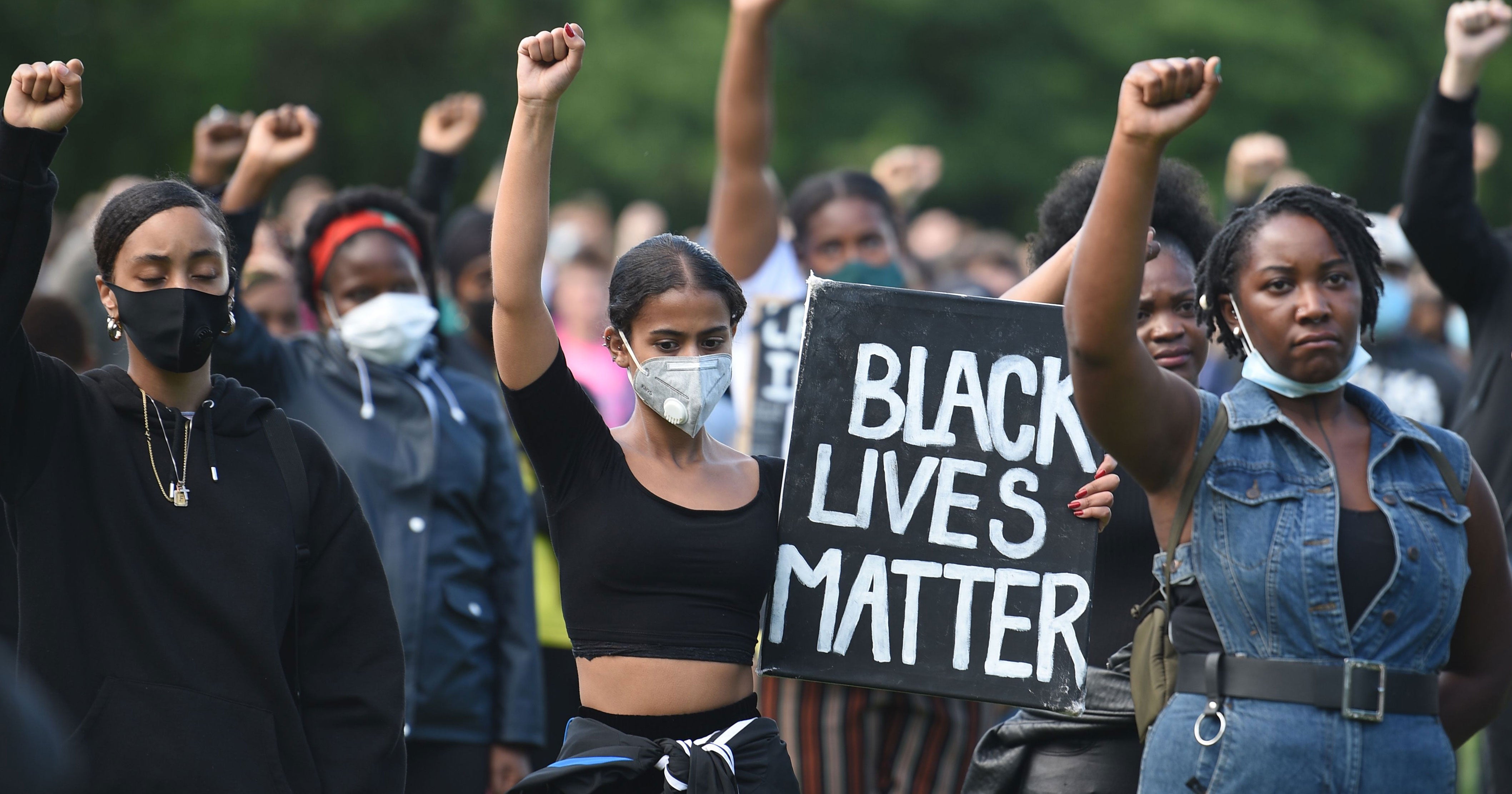
Asheville, North Carolina will give reparations to its Black community
The decision unanimously passed its City Council on July 14.
On Tuesday July 14, the city of Asheville made an unprecedented decision to provide reparations to its Black residents and their descendents.
City Council issued an apology on behalf of the entire city, for Asheville’s historic role in slavery, racial discrimination and withholding of basic rights from its Black community.
The 7-0 vote passed on Tuesday night, following a declaration that racism is a public health issue by the county’s public health board a few days earlier.
Reparations will come in the form of investments in areas where Black residents face inequality.
“The resulting budgetary and programmatic priorities may include but not be limited to increasing minority home ownership and access to other affordable housing, increasing minority business ownership and career opportunities, strategies to grow equity and generational wealth, closing the gaps in health care, education, employment and pay, neighborhood safety and fairness with criminal justice,” the resolution reads.
It also asks the city of Asheville to create a Community Reparations Commission, made up of community groups and other local governments, that will focus on creating programs and resources.
“It’s simply not enough to remove the statues, Black people in this country are dealing with issues that are systemic in nature,” said Keith Young, one of the two Black members of Asheville’s City Council.
RELATED CONTENT
The subject of reparations is not new, but has recently resurfaced after the nation erupted in protests for racial justice. It is one of several demands sought by protesters seeking to address the 400 years of oppression that Black Americans have faced.
This decision comes as other states are beginning to look at ways to achieve reconciliation for their own legacies in U.S slavery and the decades of racial oppression.
In Rhode Island on Wednesday, Mayor Jorge Elzorza of Providence signed an executive order committing the city to a process of truth, reconciliation and municipal reparations for Black, Indigenous (Indian) People, and People of Color in Providence.
Elzorza noted that this step will not erase the generations of pain and violence inflicted against these residents, but is a step towards healing “some of the deepest wounds our country faces today.”
“May this process of truth bring us education and awareness of these wrong-doings and may our reconciliation change the systems that continue to oppress our communities, while reaffirming our commitment to building a brighter, more inclusive future,” he said.











LEAVE A COMMENT: